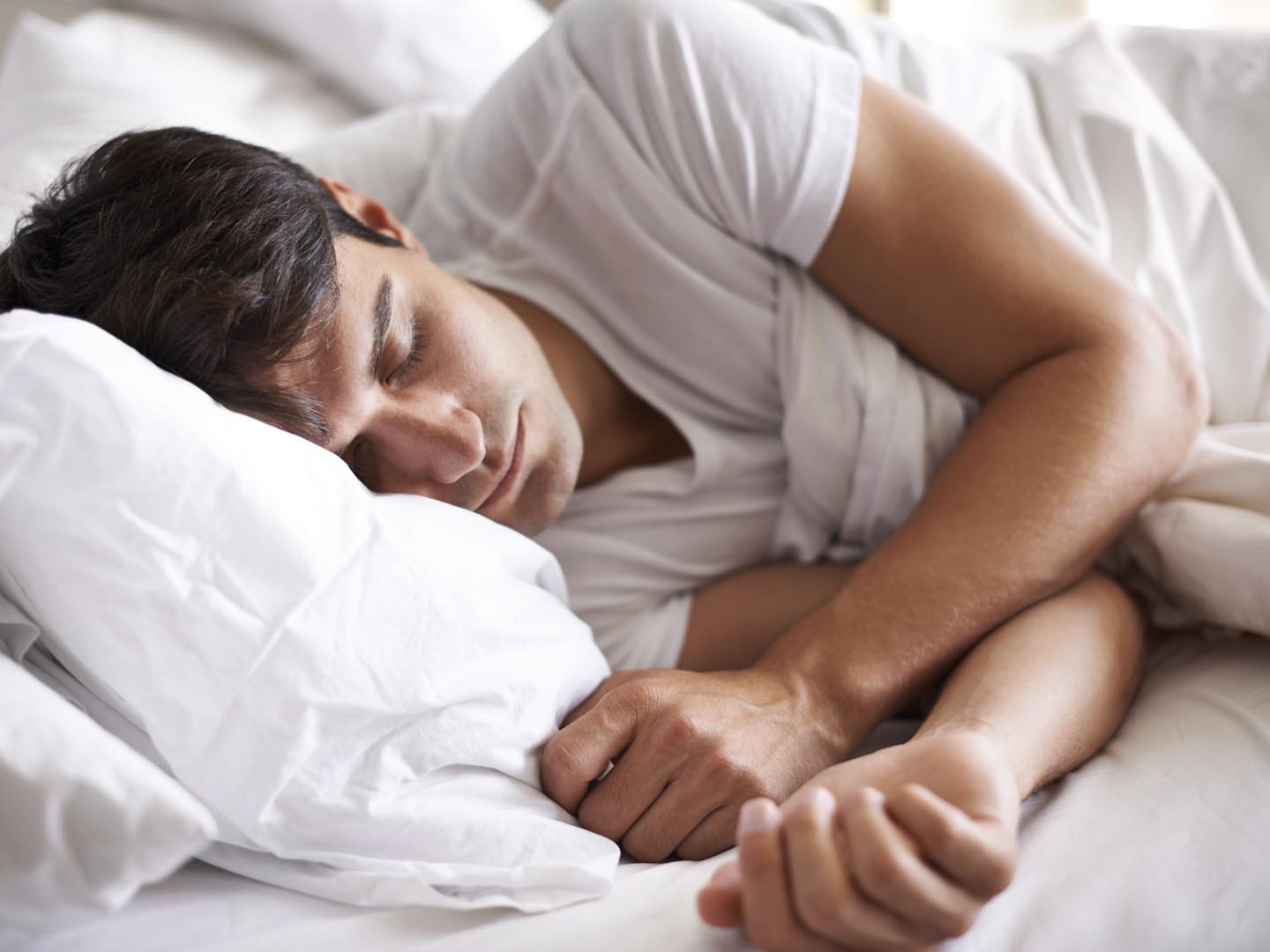Do Dreams Ruin Your Sleep?
I always face a problem of dreaming while sleeping at night. Thus, I cannot have a good quality of sleep, and I feel tired the next day. How can I stop dreaming?
Andrew Weil, M.D. | June 22, 2010

Your question is unusual, because dreaming is an important part of good sleep and is also essential to good health. I discussed your situation with Rubin Naiman, Ph.D., a psychologist and author who specializes in integrative sleep and dream medicine, which he approaches from both a scientific and a spiritual perspective. He is on the faculty of the Arizona Center for Integrative Medicine.
Dr. Naiman makes the point that sleeping and dreaming are dimensions of our general health that are largely overlooked (despite the fact that more than 100 million American adults suffer from various sleep and dream-related conditions). Aside from the proven health benefits of sleeping well, he explains that good dreaming contributes to our psychological well-being by supporting healthy memory, the healing of emotional wounds, cultivating positive mood and the expansion of ordinary consciousness into broader, spiritual realms.
In Dr. Naiman’s view, your complaint of feeling tired the day after dreams disturb your sleep is not usually the result of dreaming, per se, but of attempting to deny, resist or fight the dreams. It is this struggle that can leave you exhausted. He notes that occasional bad dreams and even nightmares are a normal part of one’s dream life. If they become frequent, he suggests discussing them with a therapist trained in dream work. (You should be able to find one through the nearest chapter of Friends of Jung, try a Google search for “Friends of Jung” along with the name of your city or state.) Meanwhile, he urges you to keep in mind that even a negative dream can have a positive effect on one’s life.
To foster healthy dreaming, he advocates the following:
- Limit your exposure to artificial light (this includes television because its blue light restricts the production of melatonin, a key neurotransmitter that regulates biorhythms and induces sleep).
- Avoid excess alcohol and medications that suppress dreams (including sleeping medications).
- If you suffer from sleep apnea, treat it.
- View dreaming as a type of psychological stretching.
- Keep a dream journal and discuss your dreams with family and friends.
To learn more about healthy dreaming, I suggest reading Dr. Naiman’s book Healing Night: The Science and Spirit of Sleeping, Dreaming and Awakening.
Andrew Weil, M.D.









